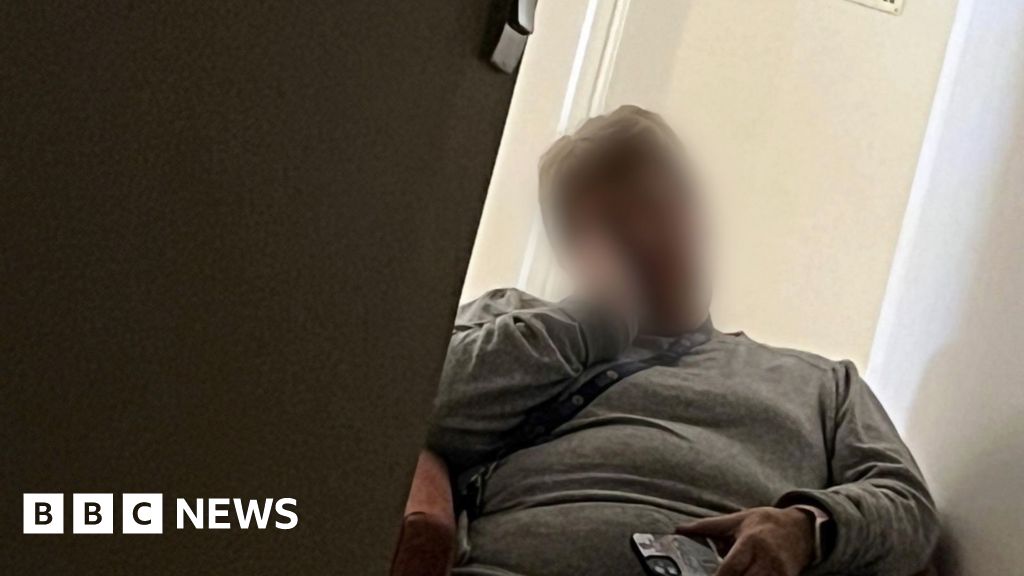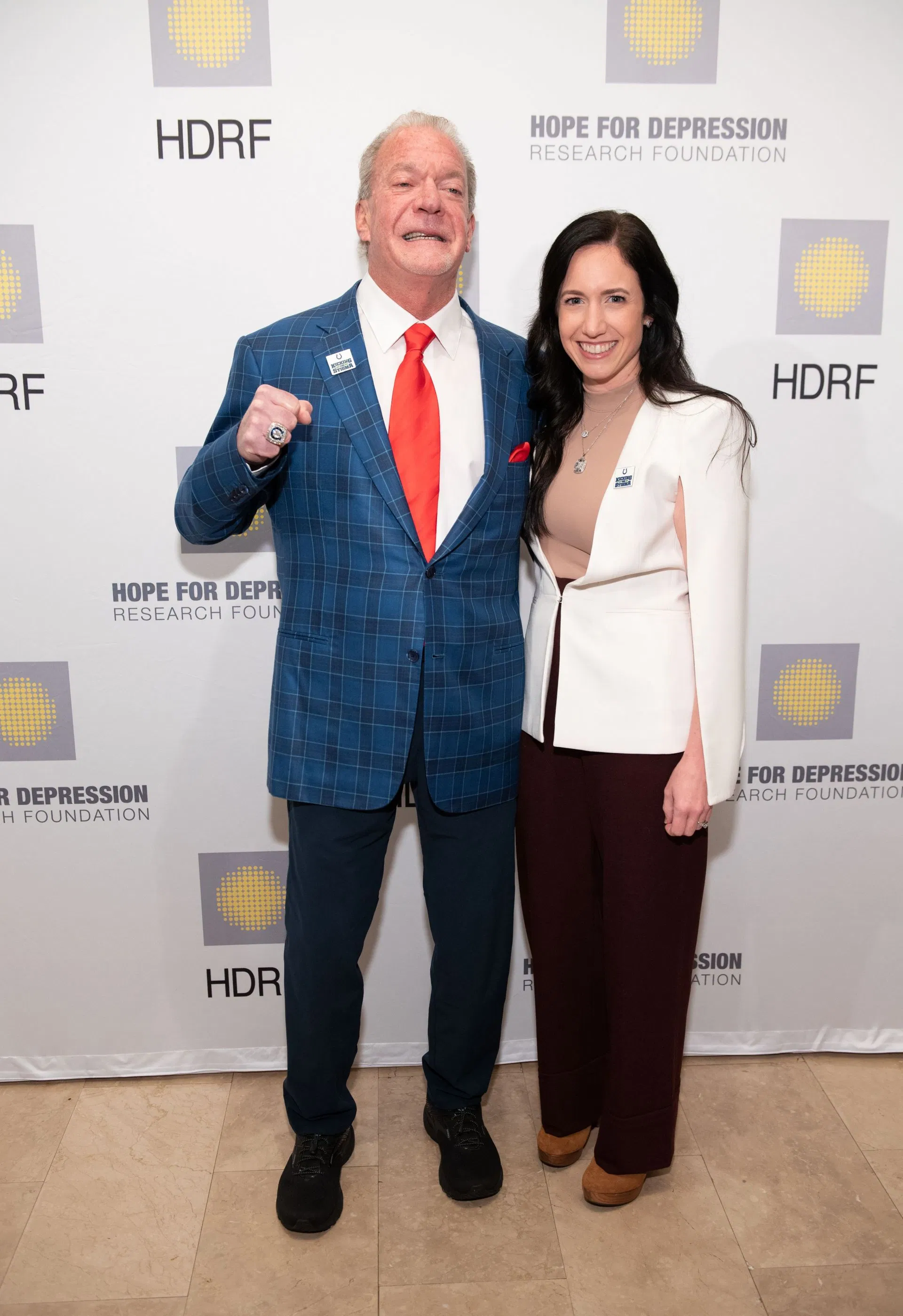By Anna Collinson, Jo Adnitt & Hannah Karpel
Copyright bbc

Understandably, the quality of food served to a person with an eating disorder is important to aid their recovery.
However, patients said they were not taken seriously when they repeatedly raised concerns about the meals served at Schoen Clinic York.
One woman told us she and others were served food with hair in it in May 2025.
“I was like, ‘I can’t eat that. We’re in here with food issues, you can’t serve us hairy food’,” she said.
A month earlier, health inspectors had given a one-star food hygiene rating to Schoen. Only 90 out of 31,380 care settings in England have such a low score.
Concerns included kitchen workers not wearing hair nets or tying their hair back.
Many of the patients told us the food could sometimes be “inedible”.
“When we complained they said ‘it’s just your eating disorder talking’,” said former patient Harriet, who was at the unit in 2023.
In the same year, Molly’s mother Sarah became so concerned she wrote to the clinic’s management.
“Dishes often contain meat that looks like cartilage, jelly and fat, with a high percentage of gristle,” she wrote. “I would expect the quality of the nutrition provided to be of the highest in order to motivate the patients to eat.”
In response, Schoen said it takes “any concerns about food quality seriously”.
“There was a period when we were required to use a designated food supplier by our landlords” which “aligns with the timeframe when some patients raised concerns”, a spokesperson said.
Schoen said it had “addressed the issues” identified in the latest food hygiene inspection and its kitchens were overseen by a new head chef.
“I’m absolutely horrified and disgusted to hear about these terrible experiences,” said Wera Hobhouse, the chair of the All-Party Parliamentary Group on Eating Disorders, .
Responding to reports from patients that staff at Schoen used triggering language such as “just eat something”, the Liberal Democrat MP said too often “eating disorders are seen as a choice” and “there is so much patient blaming going on”.
“We know that people can fully recover from an eating disorder, but too many patients are in services where staff are not trained well enough,” she added.



